
Recently, a friend of mine made me aware of the work of Austrian-born spiritual teacher, modern mystic and author Thomas Hübl. In an effort to make a deep dent in collective consciousness, he combines his work as a systems-thinker with the essence of great wisdom traditions, scientific knowledge and his own personal experience.
When I heard he was speaking in Marin earlier this month, I ventured north to listen and learn about his world view, which stems from life as a ‘mystic in the marketplace‘ where he leads workshops to help people attain a deeper level of self-esteem and personal relationships, and to transcend a ‘culture of the personal’ and the self-centred worldview from which we hail.
Ahhh yes, that worldview that permeates around us, led by a self-absorbed dialogue which instills and is driven by fear. When everyone around us is living, breathing and interacting from this lens, it becomes hard to step outside of it and be guided by our own internal system and higher self.
Own internal “wisdom,” which is made up of our higher selves and our souls, is the best source for how to show up in the world. It is from this place that we can become a living expression of spirit, embodying both an inner and outer connection.
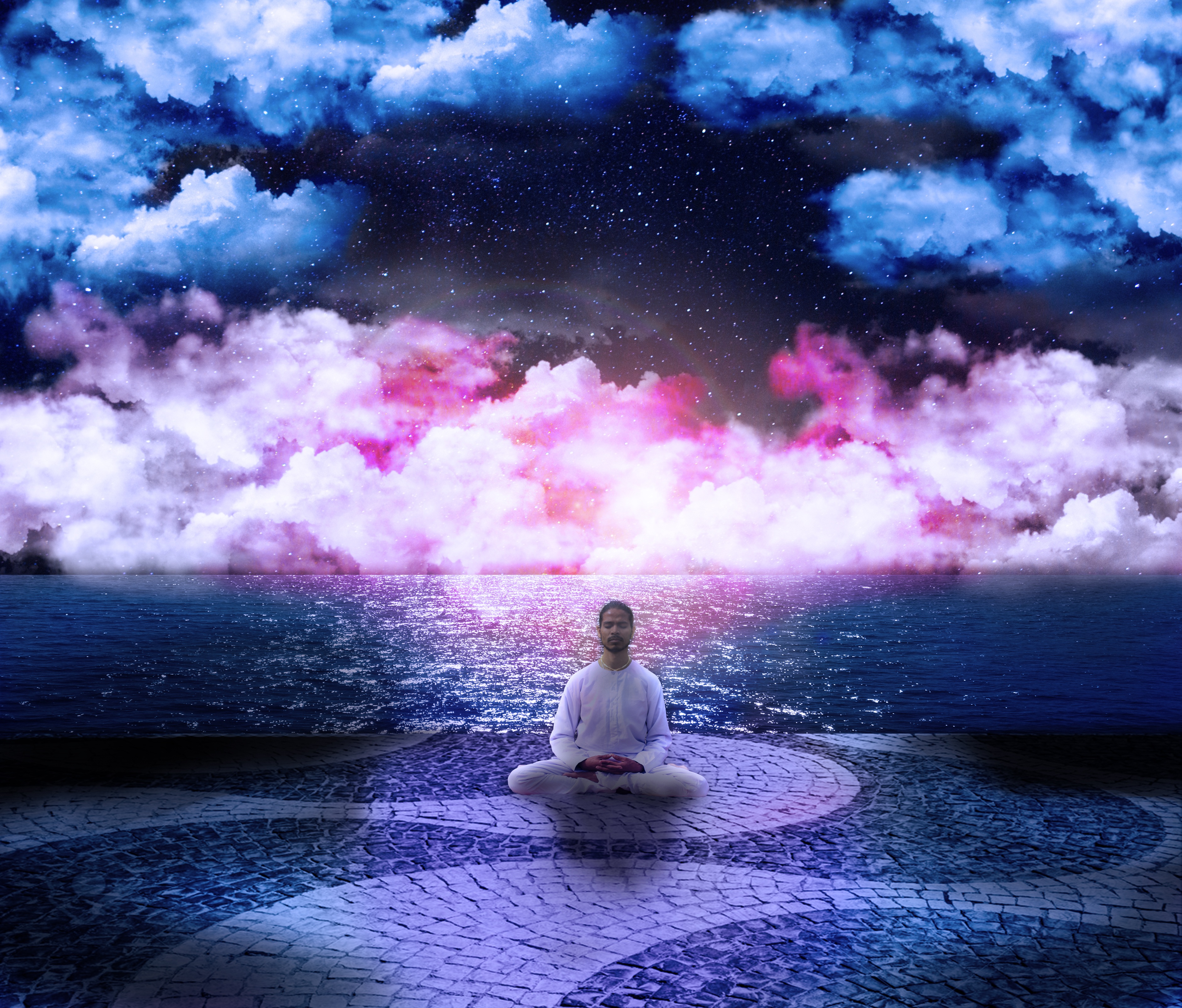
The teachings of Thomas Hübl attempt to get to “transformation” through integration of trauma, somatic sensitization, advanced meditative practice, and a deepening understanding of culture processes.
The truth is that we all have trauma we’re hiding from and for many of us, it can be so deep, we’re not even cognitively aware of it, even if we’ve had years of traditional therapy. Until we understand, integrate and release that trauma, we are held hostage to its claws that hold us back from being the light that can ignite others to do the same.
Say what?
Let’s start with a basic question for all of us on a journey towards enlightenment, whatever that means and looks like for you.
In other words, in my day-to-day life, what is my responsibility to myself and others as a result of having a spiritual practice?
It’s an important question, because simply having a spiritual practice on its own isn’t enough. What’s its purpose? Is it simply to become a better human being and make the best choices we can in our lives? Or, does it mean something far beyond ourselves?
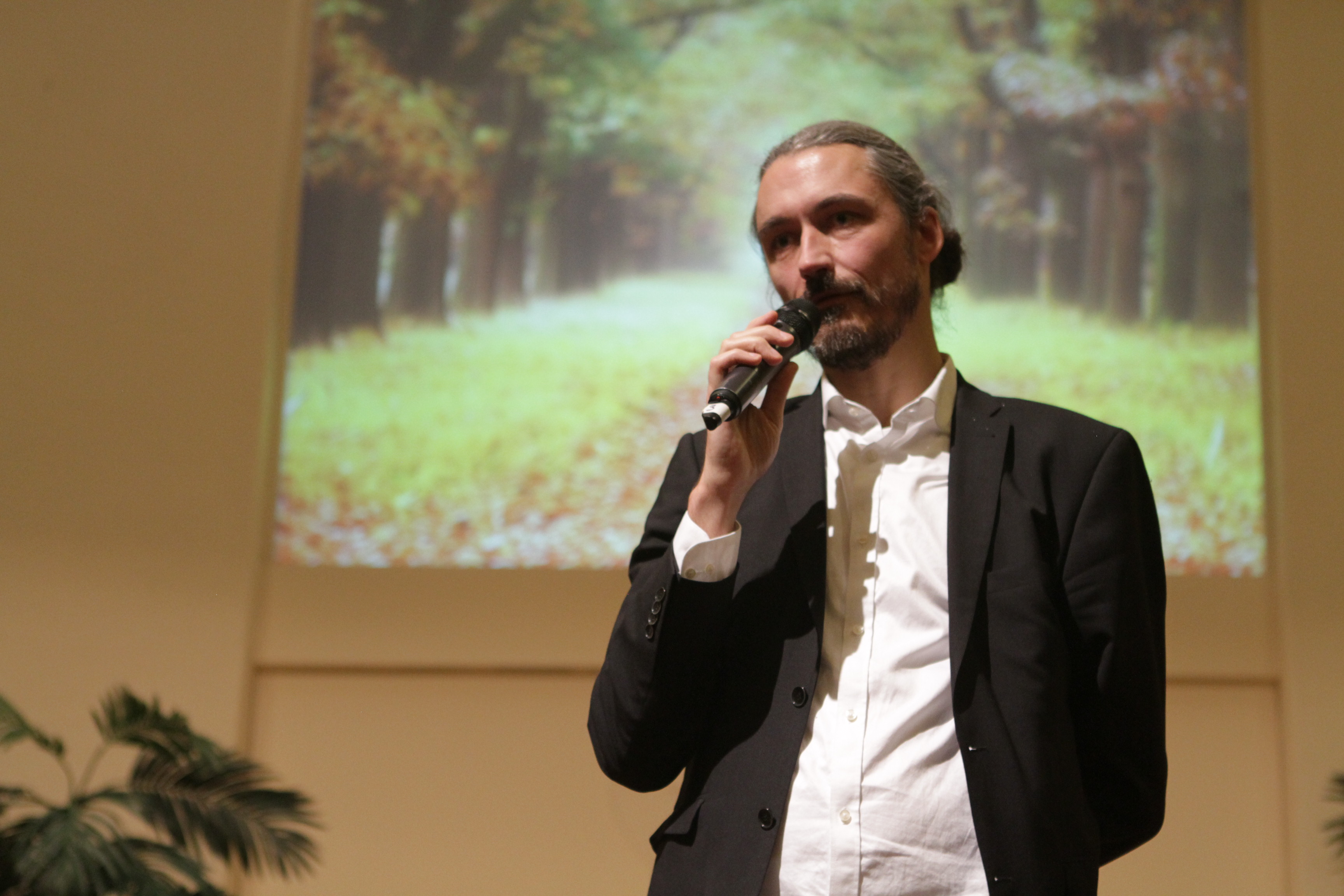
We live in a world of contrasts and polarity, meaning that it’s fairly easy to resonate and even garner some “care” and empathy for another in our sphere if they are related to us.
By related to us, I don’t mean in the classic sense, i.e., our family, but related to us in relative terms, i.e., in some way shape or form, they are “like us,” which could be that we are both blonde and have green eyes, went to the same school, we’re both white, we’re both black, we’re both thin, we’re both overweight, we’re both geeks and so on.
When I am “related” to you in some inherent way, I can and usually will….find a connection to you. When I don’t know you or “relate” to you, there’s no connectedness and the sense of separateness wins.
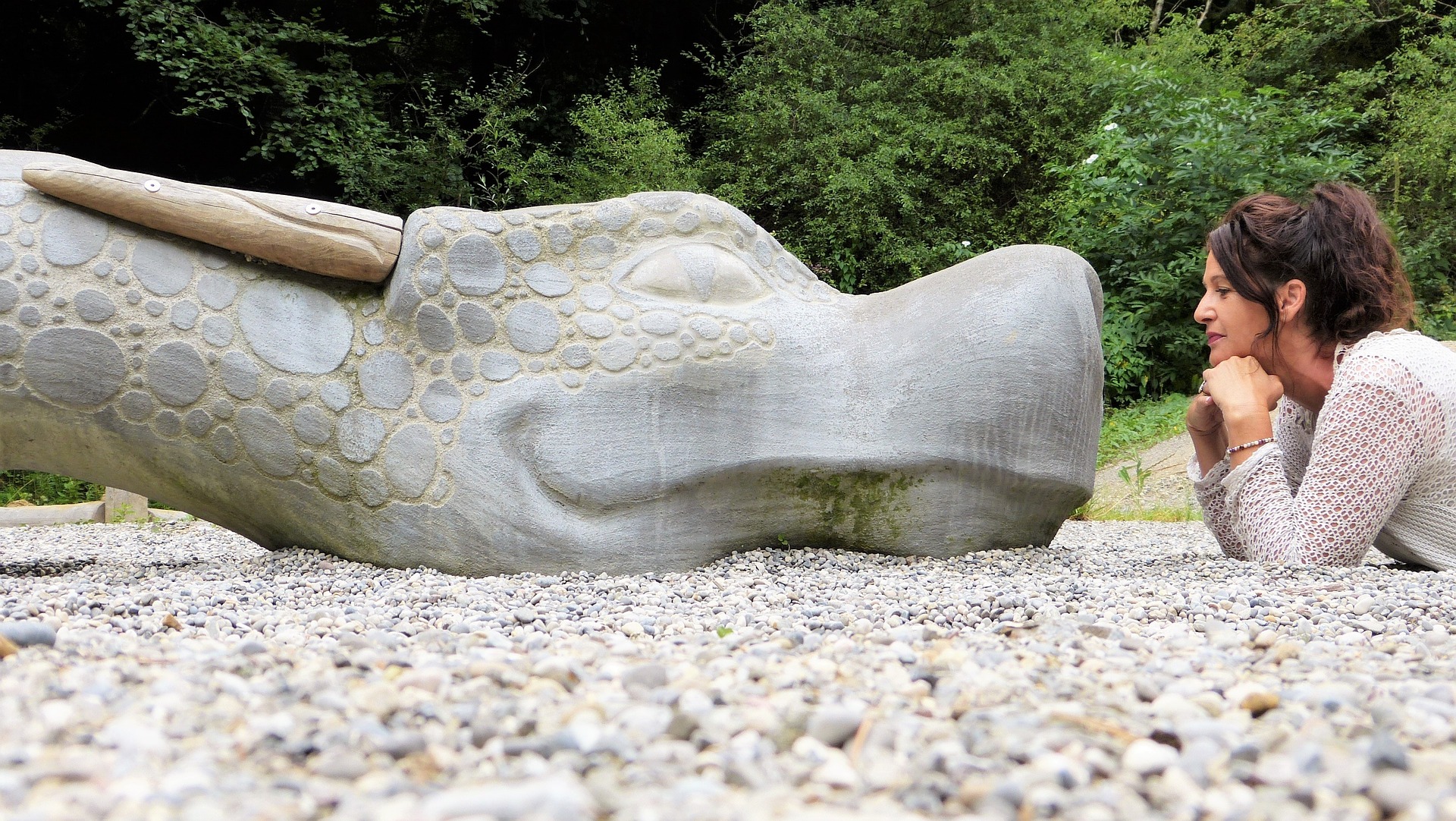
From this mindset and current paradigm, Thomas Hübl asserts that in order for there to be harmony and connectedness not just in our personal lives but in the “marketplace,” we need to feel as if we‘re related even if we don’t look or act alike in society.
Let’s face it, culture is a relationship agreement and as travelers, we know this to be true as we explore different environments around the world. We have to “lean in” to get that sense of connectedness and once we do, fear melts away and a feeling of oneness emerges.
For those who have had a deeply connected experience with another culture foreign to your own, you know that the longer you integrate into their society and world, the easier it is to feel connected (and ultimately one) with that community. This is where true grace begins.
Thomas Hübl asked us the following question which is moreso to ponder an internal observation: “How often do I realize that my internal self and my external self are not connected?” It’s crucial that both “selves” are aligned for spiritual magic to happen.
With alignment comes coherence in our nervous systems and at a minimal he suggests, this is a very useful spiritual embodiment practice.
For many I know, a spiritual practice is about emptying our mind, often done through meditation, breath work in or out of yoga and some I know have found silence retreats to be transformative.
I see people drawn into a spiritual practice because of a sheer desire to do so: they yearn to grow, learn, expand and become better people. They embark upon a path only to find that meditation doesn’t work for them in the same way it works for their partner and they give up because they feel as if they have failed somehow. Or, perhaps they’re raising a family in a small living space and simply don‘t have the time or energy for an inward practice every single day.
In my experience, what works for one doesn‘t always work for another. I write about this in the Heart Section of my SAND 2017 article, with suggestions for other embodiment ideas.
Even if meditation works for us at times, perhaps it becomes an act of discipline to quiet the mind but we still haven’t worked through our ‘trauma’. When we truly embody the karma we need to work through, lasting change can emerge. I first learned this through Tony Robbins many years ago on a Oneness retreat to Fiji that blew my mind (and my heart) wide open.
If I used the word traumatic to describe my experience, it wouldn‘t be exaggerated. I felt so naked and raw during my 12 days on the beautiful island of Vanua Levu, that I was certain I could never integrate any of it into my life.
Thomas Hübl suggests that there are a few important forces that are vital to our spiritual growth, starting with evolution, which is that drive to get us going and keep us going. Next is habit, using voice as a great example. Voice is a logical habit that we do every day, so getting language right that keeps us moving in the right direction is a great start. Habit creates gravity.
When habit creates gravity and there’s a connection between gravity and evolution, a shift happens. Habits can, however, he says, weigh down our evolution or even derail it, so we need to have awareness along the way.
Third, there’s trauma, which is so easy to retreat from, largely because we don’t understand it and there’s a fear that if we embrace and move through it, that the trauma will devour us. Those who have worked through trauma and all of those dark shadows, now know that precisely the opposite happens – it moves through us and OUT, which is when light can enter. And, it does.
This is the hard stuff because we can train many things, but we can’t train our “trauma.” If you look around you (and I don’t mean just your family members and friends, but I mean political leaders, teachers, visionaries in the world of science and technology, community directors and beyond), you’ll start to see dysfunctional patterns of behavior playing at a systemic level.
This stems from the fact that trauma is trans-generational which gets passed on from one generation to another. It is so embedded into our being. Our existence. How we define ourselves. How we define others.
Says Thomas, “we must not just focus on individuals, but we must also address the space ‘between’ us. It may just feel like ‘air’ but its the quality of culture and level of consciousness we can embody together.” He says that this in between place is more important than we can ever realize.
Think about it: don’t we all have an ‘unseen’ lake in all of us? Thomas addresses that ‘unseen’ lake and how its modulated in the neuro-network of our brains, which doesn’t allow us to see the trauma.
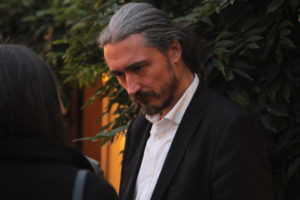
Some of us are afraid to see what that lake looks and feels like for fear that it will crush what we are familiar with and know.
What if that sense of self (our personality that shows up externally in the world) doesn’t match up with our soul and higher self?
This often feels like nothing short of a crisis to us when we contemplate ‘going there.’
It goes a bit like this: if I increase my waves of consciousness (which is what we want to do if we are trying to have a spiritual practice and lead a spiritual life), then I will become aware of things (and people) outside me in a deeper way. What’s our biggest fear here? That, all of our traumas, shadows and developmental scars will surface and be exposed, leaving us feeling vulnerable and I’d add, afraid.
Traumas and shadows are the catastrophes in our life…this is our perception anyway. This is what extends this sense of separateness, i.e., I am me and you are you and the dog is the dog and the planet is the planet. We are separate from these things. This is how our mind works. The truth is, that our bodies are the planet, they‘re not walking on the planet.
He asserts that when we are afraid to make a step forward in our life, it is our shadow speaking.
But, every conscious moment gives us a new way to relate to each other. SEE each other. HEAR each other. TOUCH each other. KNOW each other. Conscious moments illuminate the other person and the situation.
The more we can all illuminate and be present, the more grounded we become and the more able we are to contribute to the world in a positive way.
When we embody spirit, we feel like the ‘other’ is one, whether we can relate to them physically or academically or emotionally, or not…..
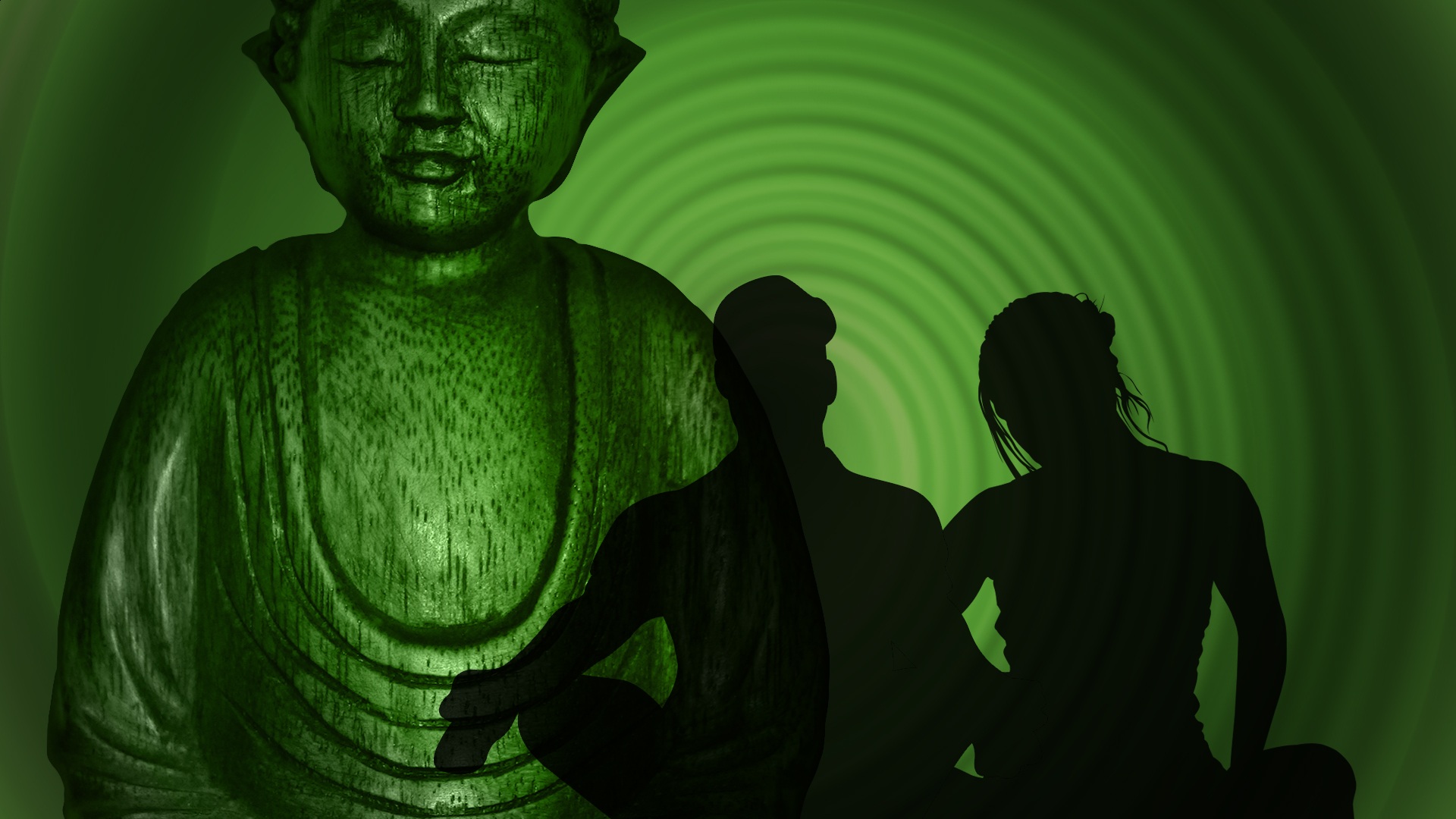
It is from this place that we can begin to remove ourselves from conflicts (whether they be at home with our family or on a global level, negotiating with other leaders), and once those ‘perceived’ conflicts are out of the way, we are able to be present and simply just “hear the voices.” Then things flow because we are grounded, which is not only powerful, but transformative. From that place, we can say (and embody):
After all, we are an electricity network after all….a bit like a chip in a motherboard. When we give light and energy, we get light and energy.
Thomas Hübl peers out into the crowd with a true sense of purpose and conviction in his voice as we move the conversation into relationships and how embodying spirit can transform our experience of life, each and every day.
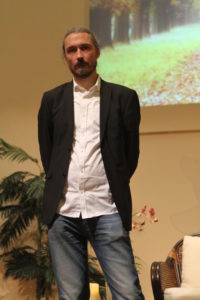 As an extension of ‘us’ as an electricity network, he says “when our nervous systems are reduced, shut down or traumatized, we can only ‘see’ the other person from the place that we were traumatized and not beyond ‘it.’
As an extension of ‘us’ as an electricity network, he says “when our nervous systems are reduced, shut down or traumatized, we can only ‘see’ the other person from the place that we were traumatized and not beyond ‘it.’
From that limited filtered scope, we cannot see the world wholly or fully. We cannot see the world in full color, but only through our coated perception of what we know from our traumatized lens.”
What this ultimately means is that if we don’t move through our trauma, we don’t leave a space big enough to learn and explore the ‘unknown’. If we can only see and understand 25% because the rest of us is ‘trapped’ in trauma, then there’s very little room for light to enter.
The more room for light to enter there is, the more room there is for creativity and to be our best selves. Think about it: when you are more open in your life, creativity flows, ideas come, you can hear new voices differently and voila, light can enter.
Our soul has needs just like our body has needs and when we don’t give our souls light, we die a little bit more and more each day inside. If we want to feed our souls, and allow love to come in and go out, then we need to have a trans-personal presence. After all, when we are present, we can receive. Receiving is just as important as giving for often in our receiving, we are giving a gift back.
In order to do that, we need to give our souls ‘space.’ Space needs inner space which means that we can be spacious inside and out. We can breathe. When we can breathe — really breathe, we can feel, we can listen and we can expand. What a beautiful way to live.
You see, living a spiritual life doesn’t have to be complicated but we need to be open to the journey and trust that our higher self knows what’s best for us.
When we let go of fear, light can enter.
When we let go of fear, love can enter.
When we let go of fear, spirit can enter.
When we let go of fear, we realize that we are not alone.
We understand that we are all have the same needs in our human forms. It’s such a joy when you feel: I SEE you, you SEE me. When we embody spirit, we realize that we are not separate after all, but one with each other. And, one with all that is around us in the universe.
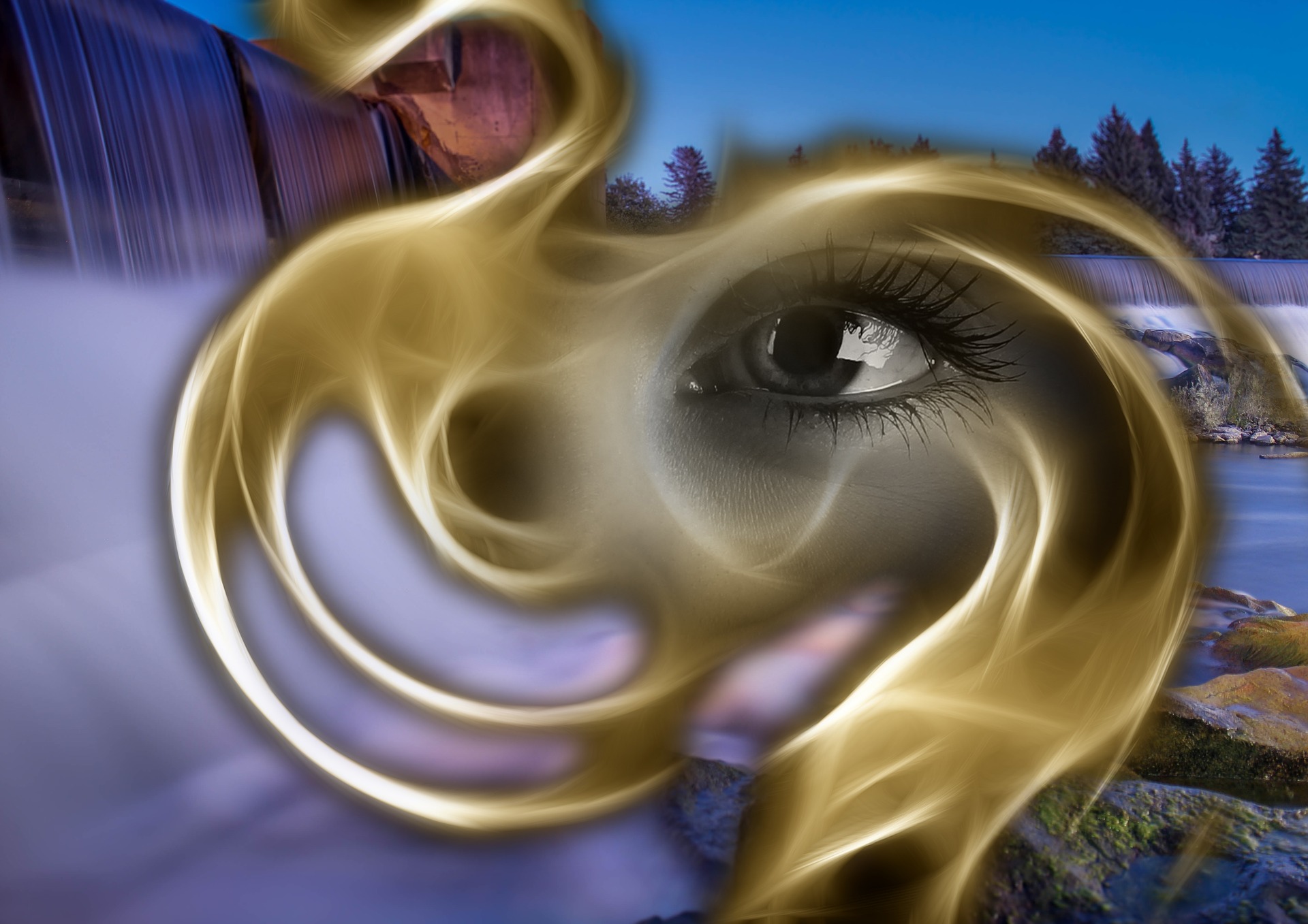
Bravo Thomas Hübl, who has a deep interest in collective consciousness and process consciousness combined. Moment-to-moment, we need to be aware of the process. He asserts when we’re not aware of the process, we are not truly awake. And, that we are much more powerful when we realize that our purpose emerges moment-to-moment.
Hear hear! For well over ten years, Thomas Hübl has been running workshops, multi-year training programs and online courses. He’s behind a number of great initiatives as well, including Celebrate Life Festival, Academy of Inner Science, the Pocket Project and others.
The non-profit ‘Celebrate Life Festival‘ brings together more than 1,200 people every year and has showcased a wide network of experts in various disciplines, through dialogue and exchange.
The ‘Academy of Inner Science‘ provides a framework for dialogue between the inner science of consciousness and the external scientific-academic exploration of life.
The non-profit ‘Pocket Project‘, explores collective trauma and shadow work and integrates them through large-scale group processes.
Thomas Hübl has also organized several major Healing Events, aimed at healing the Holocaust‘s cultural shadows. Thousands of Germans and Israelis have been brought together through these processes.
More information about his work and offerings can be found on his website.